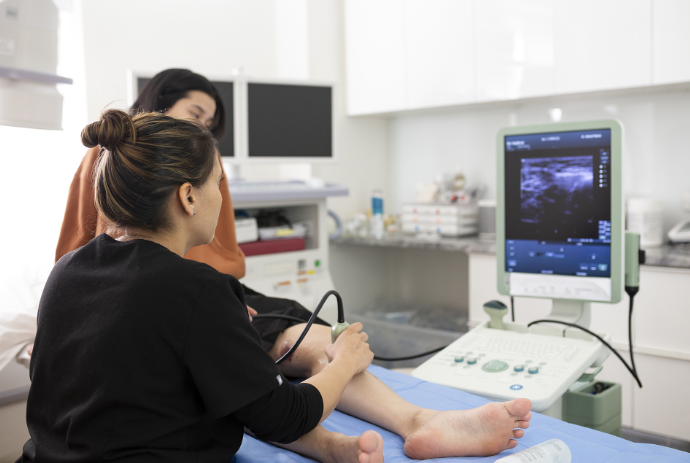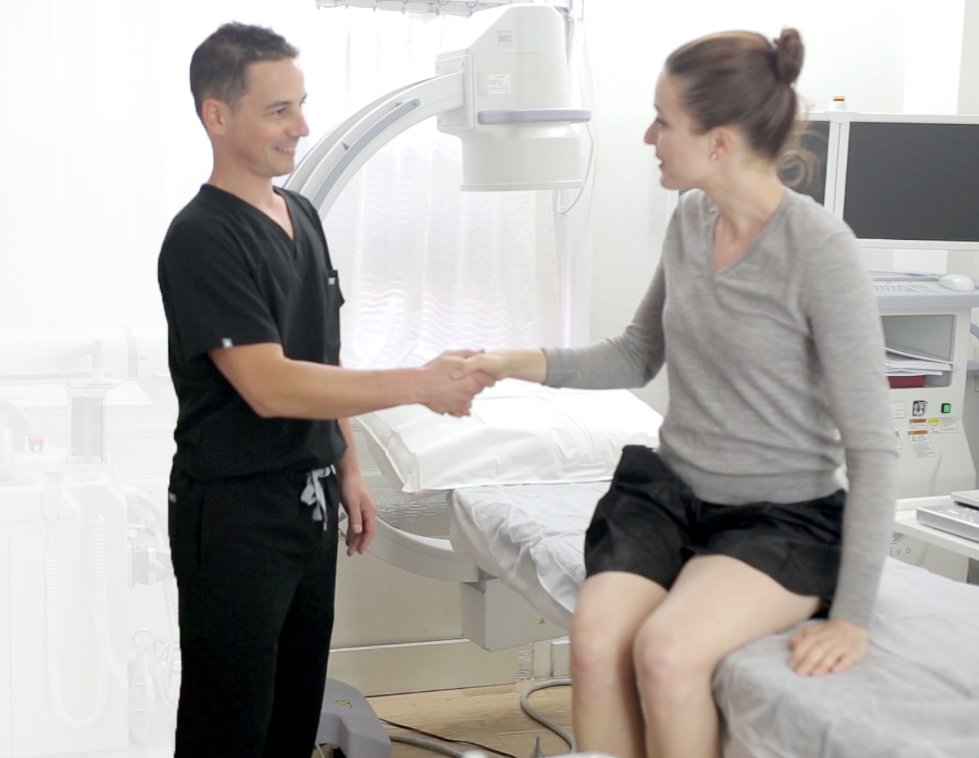Which Type Of Physician Do You See For Veins?
Veins that are twisted and swollen and poke through the skin are called varicose veins. Even though the condition typically has no symptoms, it is essential to discover it early and take action to prevent long-term effects. Varicose veins can cause more severe vein thrombosis, skin discoloration, swelling, and aching legs if treatment is not received.
You should have your legs examined by licensed varicose vein specialists before these developing diseases begin.
What kind of doctor treats varicose veins?
Kinds of healthcare providers
- Experts in Phlebology
Diagnosing, treating, and rehabilitating venous disorders are the areas of expertise for phlebologists. Any general practitioner, dermatologist, or surgeon can become a phlebologist with the proper education.

A varicose vein specialist called a phlebologist. For instance, a general practitioner with board certification in phlebology could be a phlebologist.
- Vascular surgeons
Vascular surgeons handle disorders of the blood vessels, such as venous varicose veins.
They can carry out all minimally invasive and surgical varicose vein removal procedures. They can also provide consultations to assist you in determining whether there are any nonsurgical options you might wish to explore first.
- Interventional or vascular radiologists
Physicians having an extra six to seven years of specialized training in minimally invasive techniques are known as interventional radiologists. To identify ailments, they may employ MRIs, ultrasounds, or X-rays.
They can use radiofrequency ablation or endovenous laser treatment to treat varicose veins.
- Skin doctors or dermatology surgeons
Dermatologists may treat some forms of varicose veins even though they usually treat skin problems. They are eligible to use procedures like laser or sclerotherapy, for example.
- Family physicians or general practitioners
Your immediate care physician may analyze and treat specific forms of varicose veins. They may also recommend lifestyle modifications that ease symptoms, such as exercising more or using stockings with compression. In addition, they can evaluate your veins and suggest the right specialist for your care.

Advice on where to find a physician
You might wish to do the following to locate the best doctor to treat your varicose veins:
- Get a referral: If in doubt, speak with your primary care physician first. Either they can treat your veins for you or direct you to the appropriate specialist who can.
- Verify your credentials: Seek a board-certified specialist in interventional radiology, vascular surgery, or phlebology. These credentials are usually easily accessible, but you can always request to view them.
- Examine their background: Prior cases where the doctor treated patients with comparable issues. If they do, feel free to ask them for examples. They might post these on their website.
- Make an appointment for a consultation: Free consultations are provided by specific experts. You can understand the course of treatment by attending these meetings. You can also determine whether the doctor is a suitable fit for your preferences and needs.
In a Nutshell
Varicose veins can be treated by various medical professionals, including primary care physicians, phlebologists, dermatologists, and interventional radiologists.
Your disease's severity level and preferences will determine which specialist is best for you. You can choose a physician with the training and expertise necessary to treat them successfully by conducting thorough research.
Comments
Post a Comment